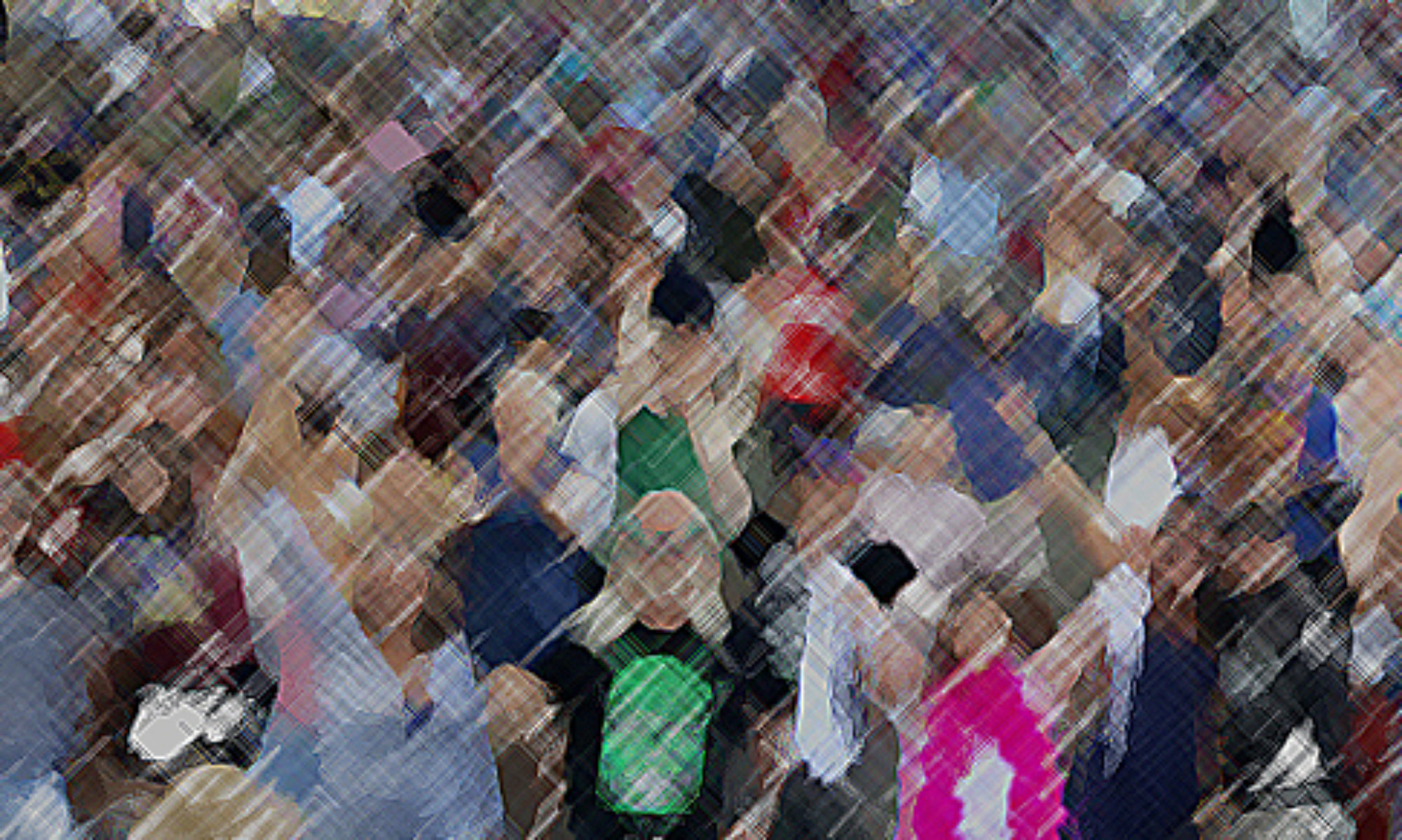Most of us in the business of taking care of people step it up a notch around the holidays, much like everyone does. We amp up the kindness, talk about how we should be kind all year, then revert back to our busy lives.
Now is the time to decide how your business will connect every day of the year in 2020. We are not only on the frontlines of business. We are on the frontlines of humanity. Think about it this way. Your business may be as much of your customers daily life as anything or anyone. Chances are, there is more to their life than the time that they are at your establishment, but since you don’t know how much, take no chances. You can make sure the time they are with you is time that they find valuable, meaningful, and real. How you achieve that depends on the time you spend with them, the connection you establish, and the sincerity of the interaction. And what happens when we successfully model positive human interaction regularly? Others learn from that, and begin to practice it themselves.
The holidays are often a time many need extra kindness, so taking the time to listen and empathize with your customer or guest can create meaningful connection and make them feel good about dealing with you. How you made them feel during the holidays will go a long way to establishing new relationships, and reinforcing old ones.
Do you have a list of businesses you especially like to patronize during the holidays because of the positive interactions you make there? We all have a few. Some of us more than others. The more you take note of those businesses, the more you can model the things you like about them to your customers.
What makes you feel good about giving your money to certain establishments? Is it that they know your name? Do they remember important things about you? Did they go the extra mile for you when you really needed help? Did they do something you considered special in serving you? Make a list of these things and look at it. My fellow visual learners will appreciate this tactic. Seeing it in front of you gives you some perspective mere memory does not. Put this list somewhere you and your frontline can see it, and occasionally talk about it. (Actually, you should be talking about ALL of these posts with your staff.) Soon it will become a part of how you deal with everyone, and you will see the positive results. I promise you it will.
We really are all in this together, and the moment someone walks through the door of your business, you are LITERALLY in it with them, so why not make the most of it? The smaller picture? More business and happier customers. The big picture? A world where people embrace each other’s differences and get along because we understand what we all need, and work with each other in getting it.







